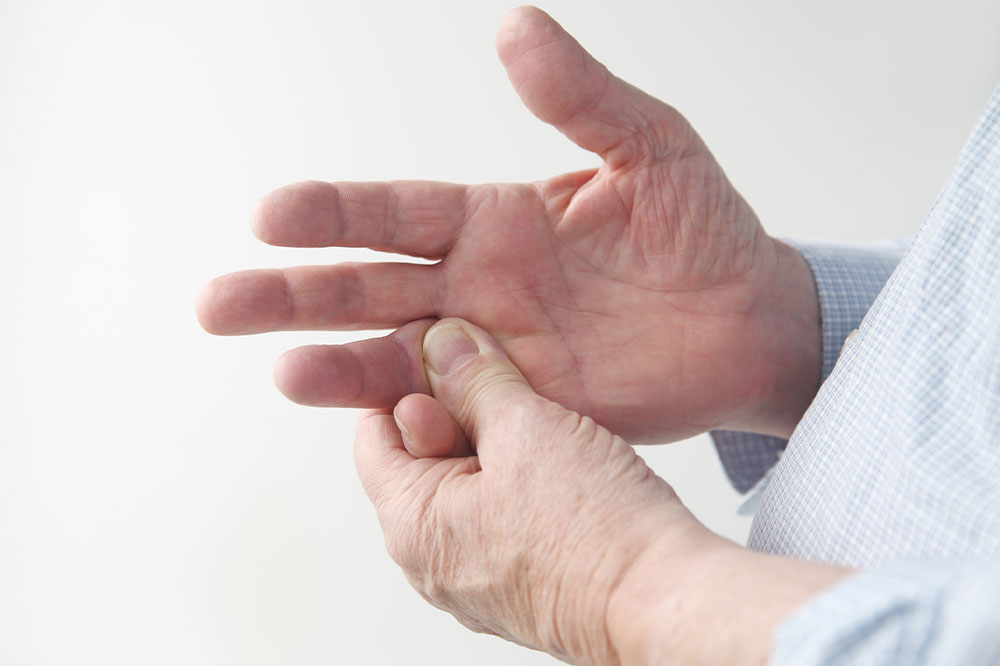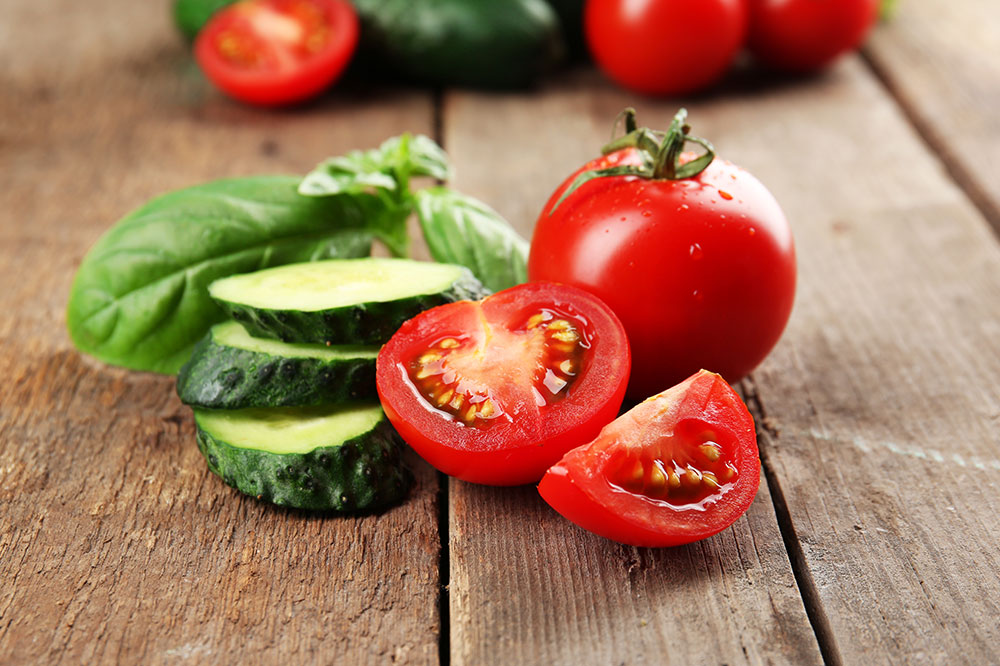Effective Natural Lifestyle Strategies for Managing Ulcerative Colitis
Discover comprehensive natural lifestyle strategies to manage ulcerative colitis effectively. From dietary modifications and stress management to yoga and hydration, learn how these approaches can alleviate symptoms, promote healing, and improve overall well-being. Early intervention and consistent healthy habits are key to controlling this chronic condition and enhancing your quality of life.

Comprehensive Natural Approaches to Control Ulcerative Colitis
Ulcerative colitis (UC) is a chronic inflammatory bowel disease that profoundly affects the quality of life of millions worldwide. This condition is characterized by long-term inflammation of the colon and rectum, leading to a range of distressing symptoms such as severe rectal bleeding, the formation of pus, persistent abdominal pain, cramping, and frequent episodes of diarrhea. While pharmacological interventions and medical treatments are essential in managing UC, incorporating targeted lifestyle modifications can significantly improve symptom control, promote healing, and enhance overall well-being.
It is crucial for individuals experiencing symptoms of ulcerative colitis to seek early diagnosis and consult healthcare professionals. Alongside prescribed medications, adopting specific lifestyle strategies can be a powerful way to mitigate flare-ups, prevent disease progression, and regain control over daily life. This comprehensive guide explores natural lifestyle approaches, including dietary habits, stress management techniques, and physical activities, that have shown promise in alleviating symptoms associated with ulcerative colitis.
Practicing Yoga – Engaging in regular yoga practice is known to reduce stress levels and improve overall digestive health. Yoga poses that promote gentle stretching and deep breathing help oxygenate the entire digestive tract, soothe inflammation, and ease abdominal discomfort. Techniques such as pranayama and mindfulness meditation can further facilitate relaxation, which is vital for reducing flare-ups in ulcerative colitis patients.
Adopting Nutritious and Balanced Eating Habits – A diet rich in wholesome, non-greasy foods supports immune function and promotes gut health. Emphasizing plant-based fibers, lean proteins, and healthy fats can help nourish the colon. Keeping a food diary to identify personal triggers is highly recommended, as certain foods may worsen symptoms. For many sufferers, reducing processed foods, sugar, and dairy has a positive impact on symptom frequency and severity.
Identifying and Avoiding Food Allergens – Common food allergens such as wheat, corn, peanuts, and soy can exacerbate inflammation and discomfort in sensitive individuals. Eliminating these from the diet may lead to noticeable symptom improvement. Consulting with a dietitian can help establish a customized elimination plan, ensuring nutritional adequacy while minimizing adverse reactions.
Choosing Distilled Water for Hydration – Staying well-hydrated is critical, but tap water often contains chemicals like chlorine or fluoride that might irritate the inflamed colon. Drinking distilled or purified water can help reduce bowel irritation and support hydration without introducing harmful substances.
Effective Stress and Pain Management Techniques – Chronic diseases like UC are often influenced by mental health. Incorporating relaxation exercises, mindfulness meditation, deep breathing, and therapy sessions can mitigate stress, which is a common trigger for flare-ups. Managing mental health is fundamental for holistic disease control.
Inclusion of Healthy Fats – Omega-3 fatty acids, found abundantly in fatty fish such as salmon and mackerel, as well as flaxseeds and chia seeds, exhibit anti-inflammatory properties. Regular consumption of these healthy fats can help reduce intestinal inflammation and aid in healing the gut lining.
While lifestyle modifications are invaluable, ongoing medical advances continue to enhance treatment options for ulcerative colitis. A multidisciplinary approach combining medication, diet, and lifestyle changes offers the best chance for long-term remission and improved quality of life.





